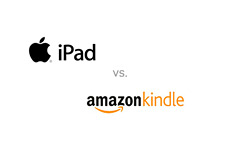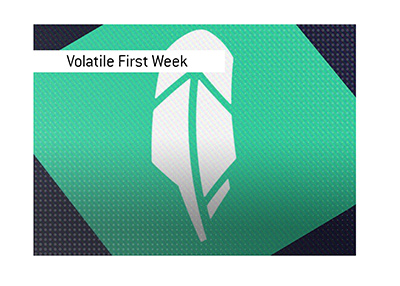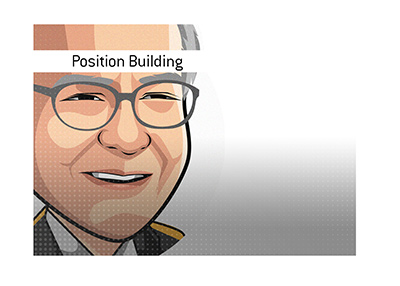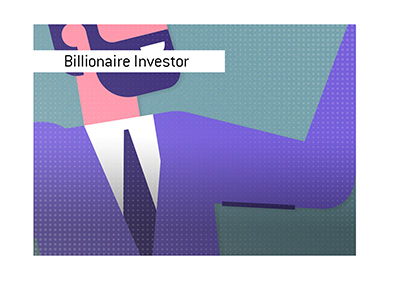iPad vs Kindle War Heating Up
 There is currently a tit-for-tat battle being fought between Apple and Amazon in the war for E-book reader / tablet supremacy.
There is currently a tit-for-tat battle being fought between Apple and Amazon in the war for E-book reader / tablet supremacy. On one side you have Amazon, which is the maker of the phenomenally successful Kindle E-book reader device. The Kindle, which was originally released in November of 2007, has reportedly sold nearly 3 million units since its launch. This comes despite the fact that the only way to obtain a new Kindle is to buy the device straight from Amazon themselves.
On the other side you have Apple, developer of such products as the iPhone, iMac and iPod. The company recently unveiled details of their new iPad, which will directly compete with the Kindle in the E-book reader market. The iPad will offer its users the ability to buy and read E-books, just like the Kindle, but with a full-color touchscreen that will also allow the user to browse the Internet, send emails, etc.
Most companies would be soiling themselves at the thought of Apple becoming a direct competitor - let's face it, Apple has a rabid following due to their history of putting out exciting new products. I count myself as part of the "Cult of Apple", but I'm also a big fan of the Kindle as well.
Let's take a quick look at the timeline of events that has led up to this blossoming rivalry between Apple and Amazon:
1. The Kindle is released on November 19th, 2007. The second generation Kindle is released in February of 2009, and the Kindle DX is released in June of 2009.
2. Rumors of a potential "Tablet" device from Apple start to surface. It is widely assumed that any Tablet device from Apple would include some kind of E-book reader functionality.
3. Rumors surface in the summer of 2009 that Apple was actively engaging in discussions with book publishers over a potential collaboration that would look to unseat Amazon as the dominant player in the E-book market.
4. The iPad is unveiled to the world. It is revealed that the iPad will feature an "iBooks" application that will allow its users to easily read and catalog their favorite E-books.
5. Amazon announces that they will be forming an "App store" that will allow developers to produce new applications (such as games and utility apps) for sale in the store.
6. Amazon and MacMillan (a book publisher) get into a heated argument over the pricing of E-books. MacMillan wanted variable pricing for their E-books (such as pricing their new and top-selling books higher than regular books), while Amazon wanted to stick to a more rigid pricing format.
Amazon announced that they were completely pulling ALL MacMillan titles from their store (even print copies), but ended up capitulating to MacMillan's demands a short while later. Amazon accepted the fact that MacMillan can use a variable pricing model, but said that they will offer the titles "even at prices we believe are needlessly high".
The speed at which Amazon backed down in this battle is directly attributed to the pending release of Apple's iPad, as it is believed that Apple will allow publishers to engage in variable pricing of their products.
--
So what does Amazon do now? Slink away, knowing that their E-book business is about to be seriously eroded by a hard-charging Apple that presumably has publishers on its side?
Not so.
Instead, Amazon decides to purchase Toucho, a small New York based start-up that develops "transparent, force-sensitive multitouch panels".
The idea is that Amazon may be looking to develop a "SuperKindle" that would offer "a multitouch color screen and built-in applications". Sound familiar?
If Amazon can make publishers happy by working out pricing/revenue-sharing deals that make both sides happy, as well as releasing a "SuperKindle" that would offer the functionality of the iPad, then this battle will get extremely interesting.
Amazon has a number of things going for it here, including:
1. Their Kindle device is already in the hands of nearly 3 million people.
2. Amazon has a massive library of content to offer its users.
3. Practically everybody already has their credit card information on file with Amazon as it is, and the site generally has a pristine reputation in terms of customer satisfaction.
Sure, Apple has a loyal following, but so does Amazon. When I think about buying books online, I think of Amazon.com. When I think of E-books, I think of the Kindle.
--
The battle between Apple and Amazon will be fought over a number of years. One company's device will emerge as the clear winner, while the other's will come in a distant second - that's just the way that it normally works. There is usually a dominant leader in any market, and everything else comes a distant second.
This will be fun to watch, as two innovative (and well-funded) companies go at it.
Filed under: General Market News



